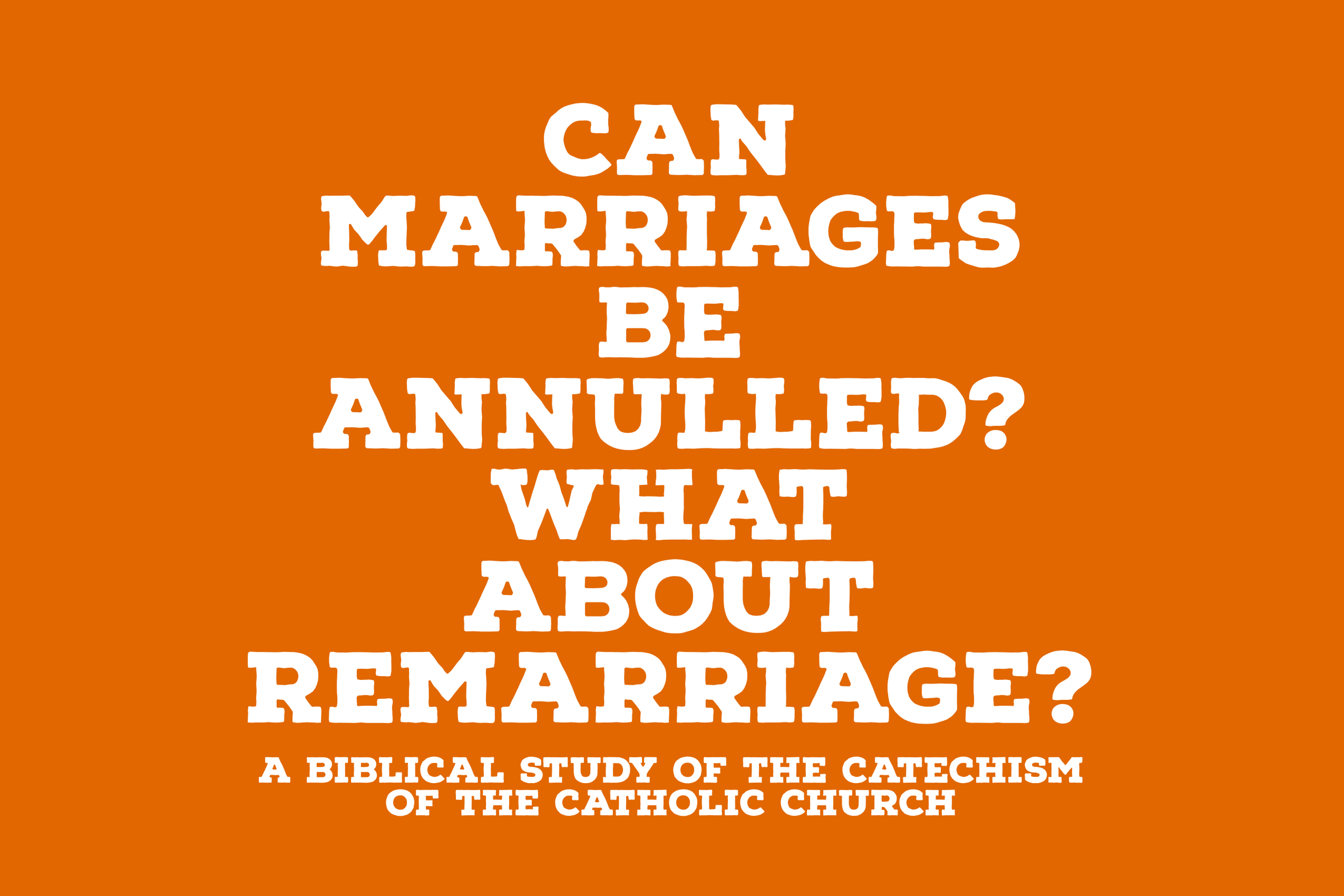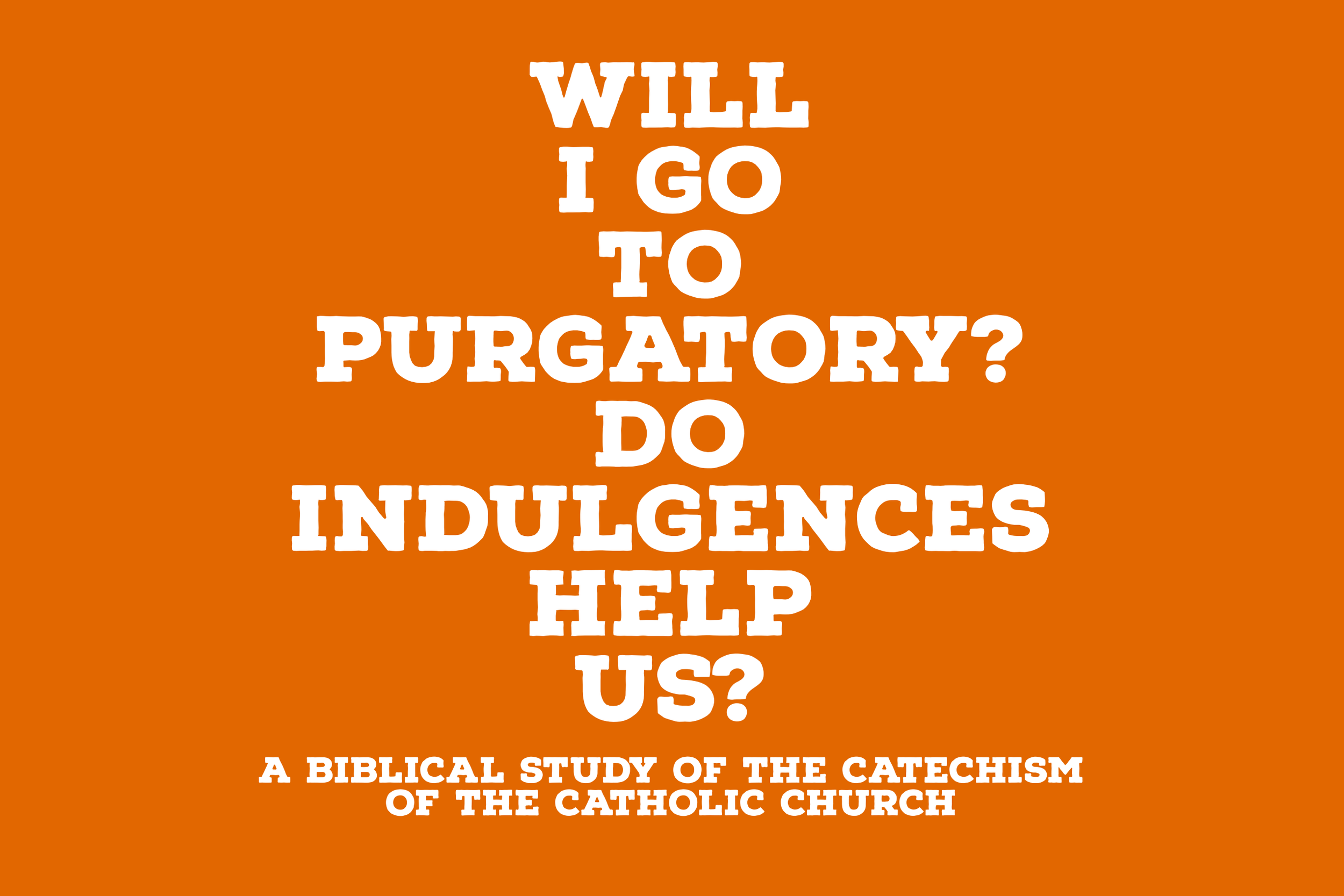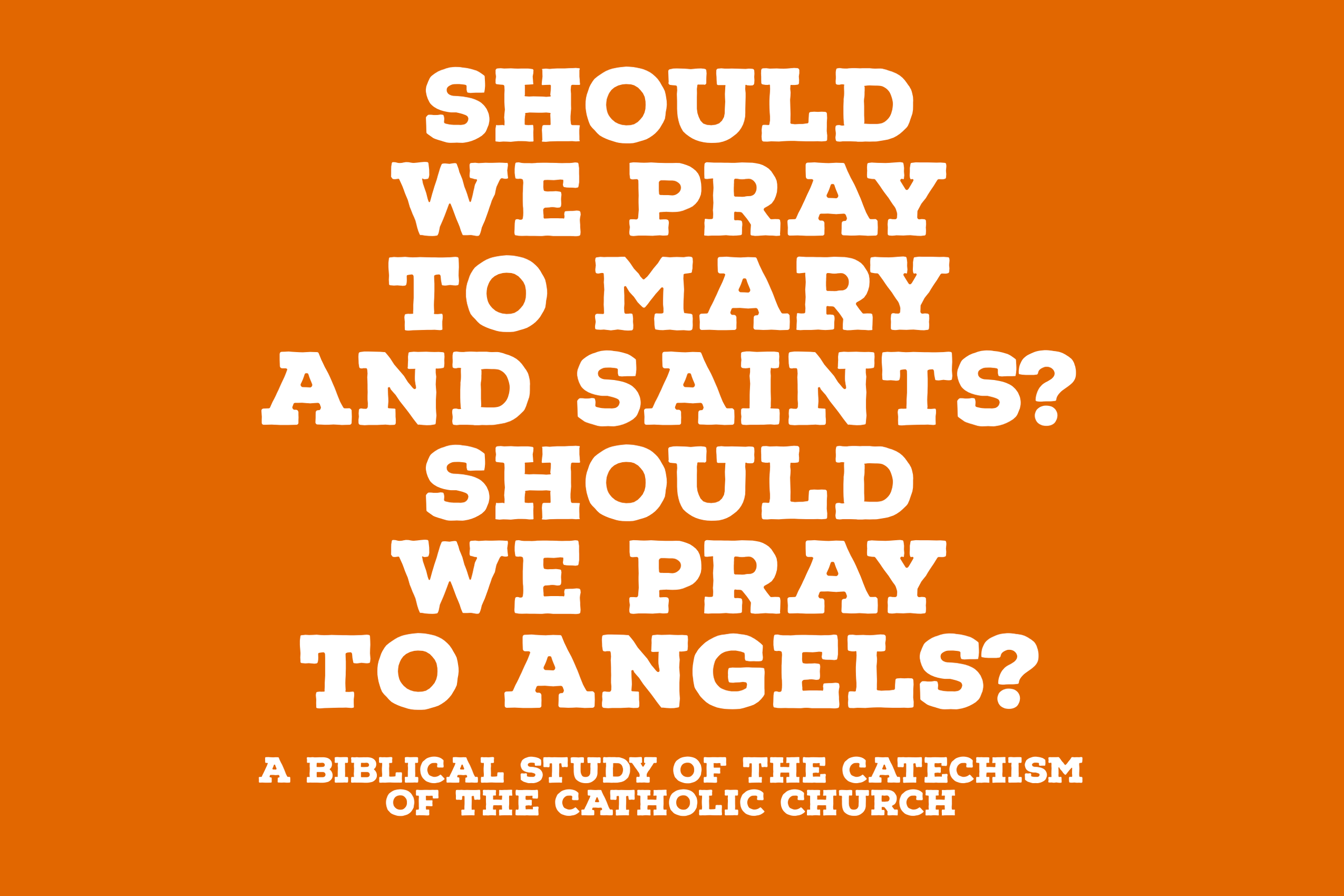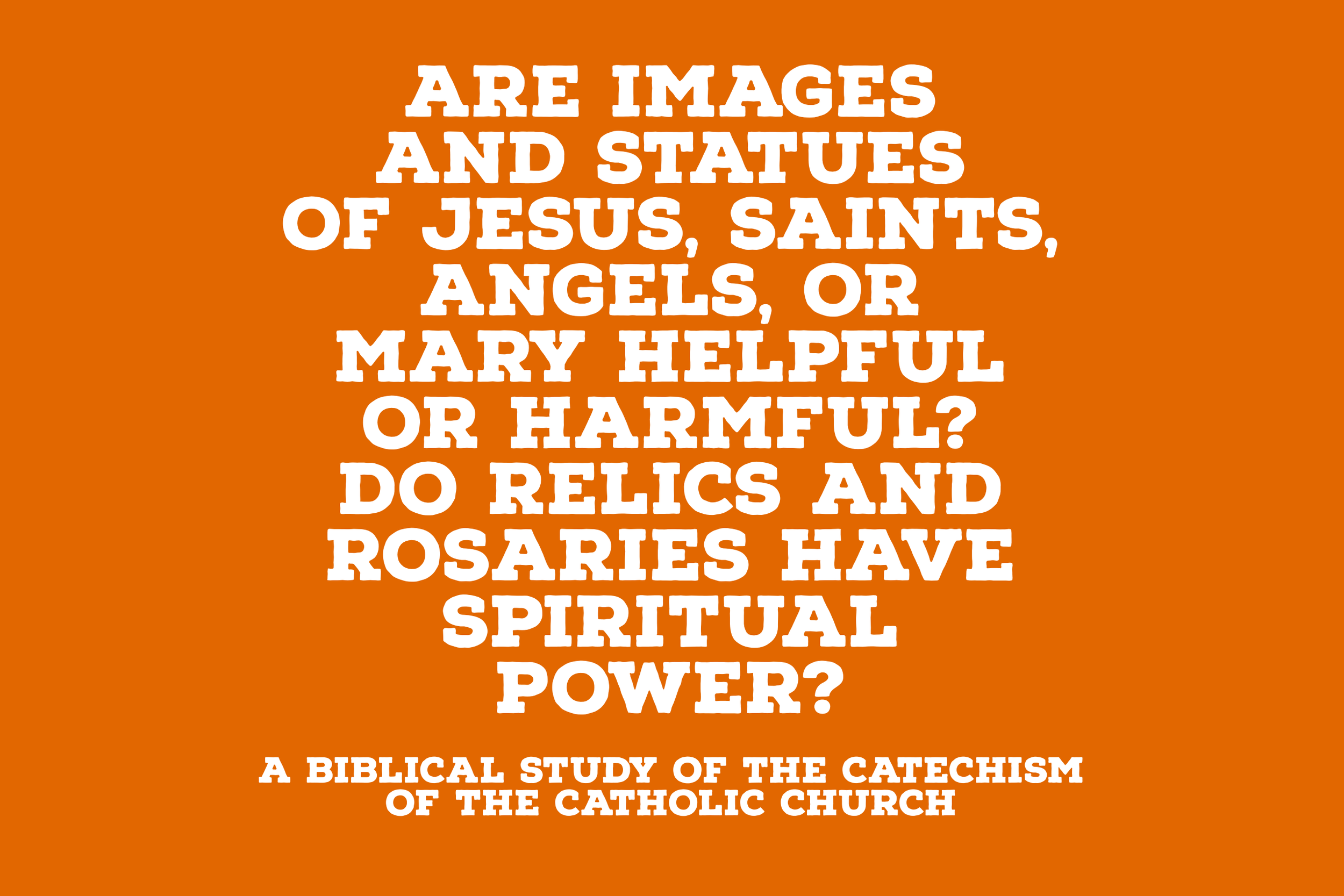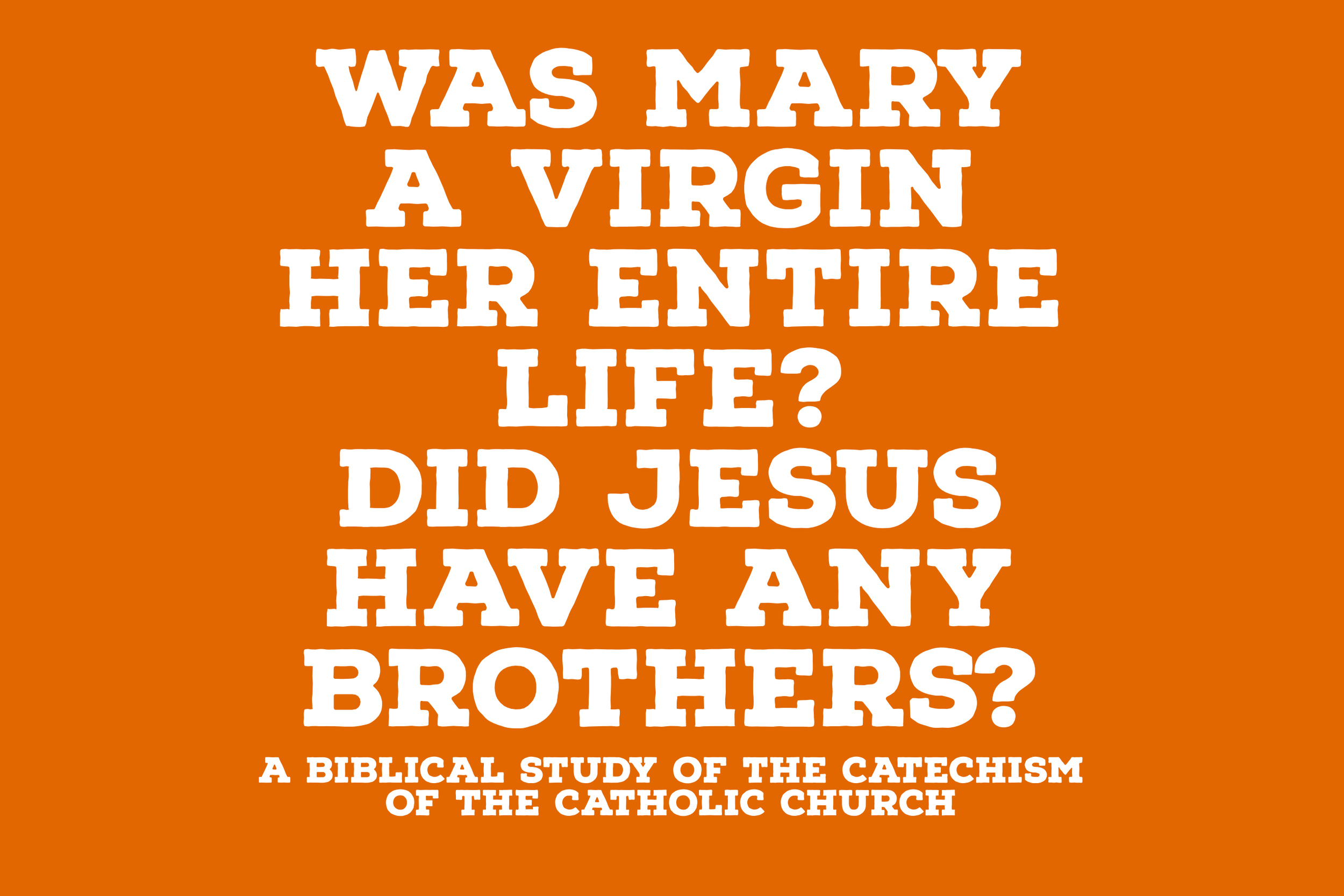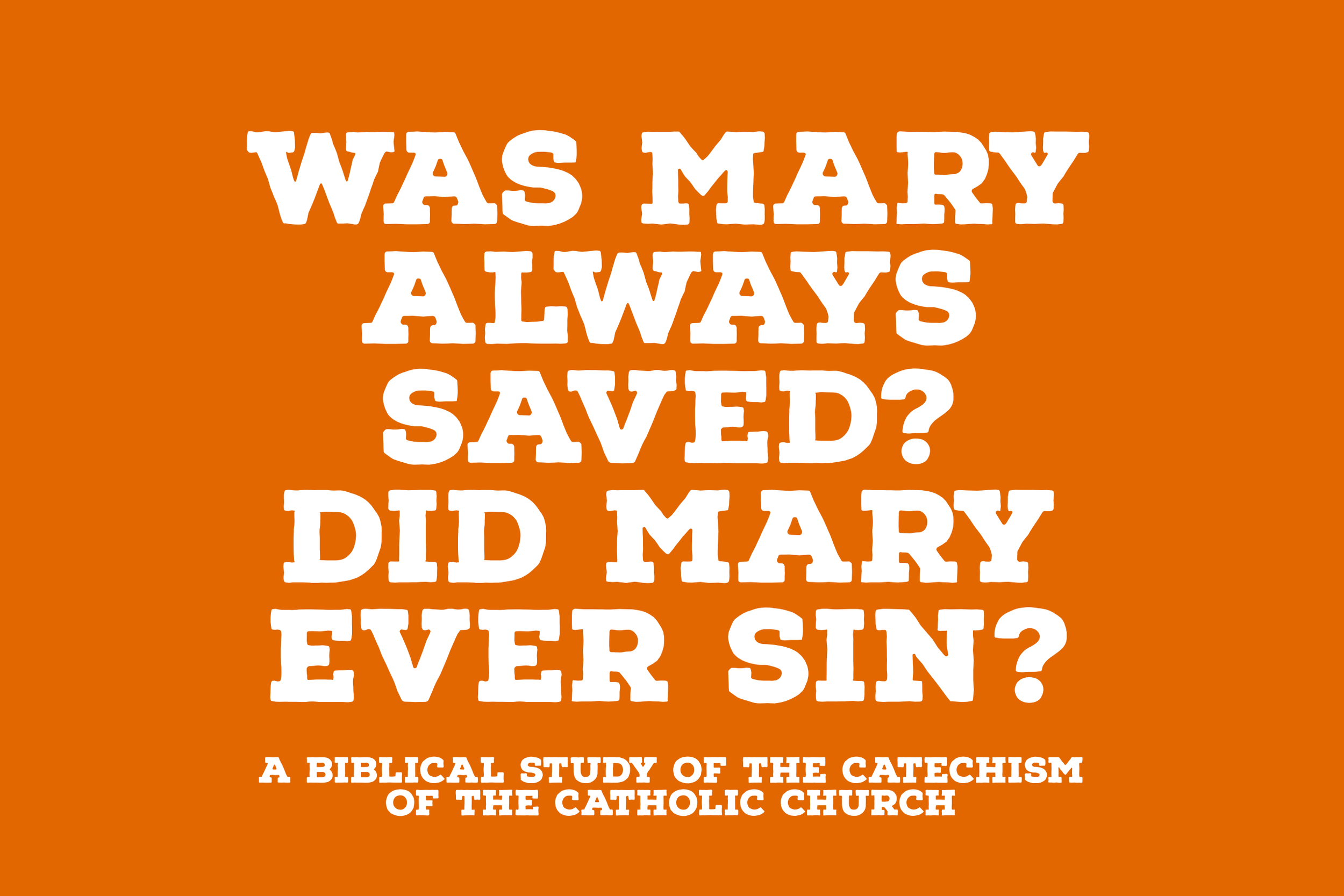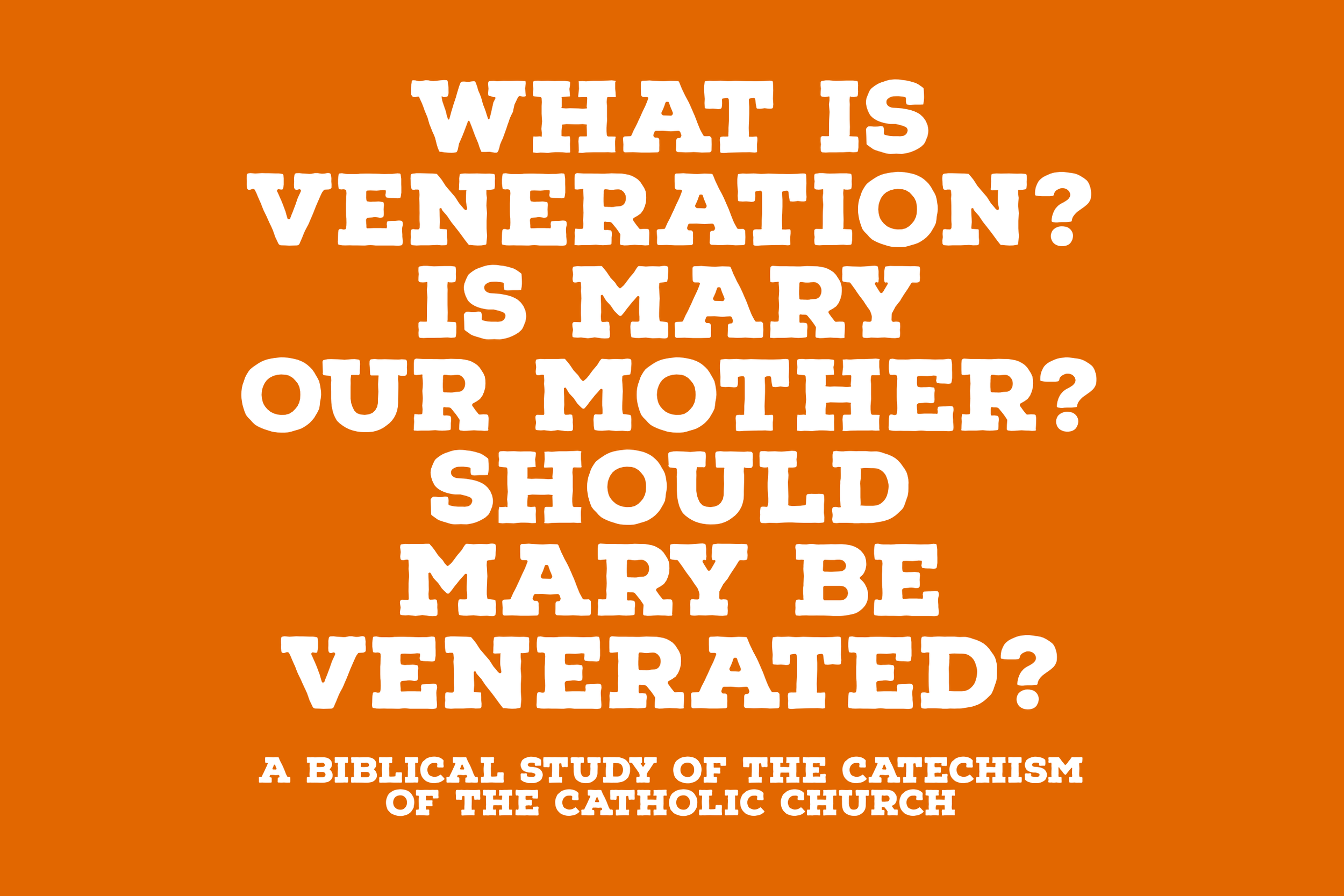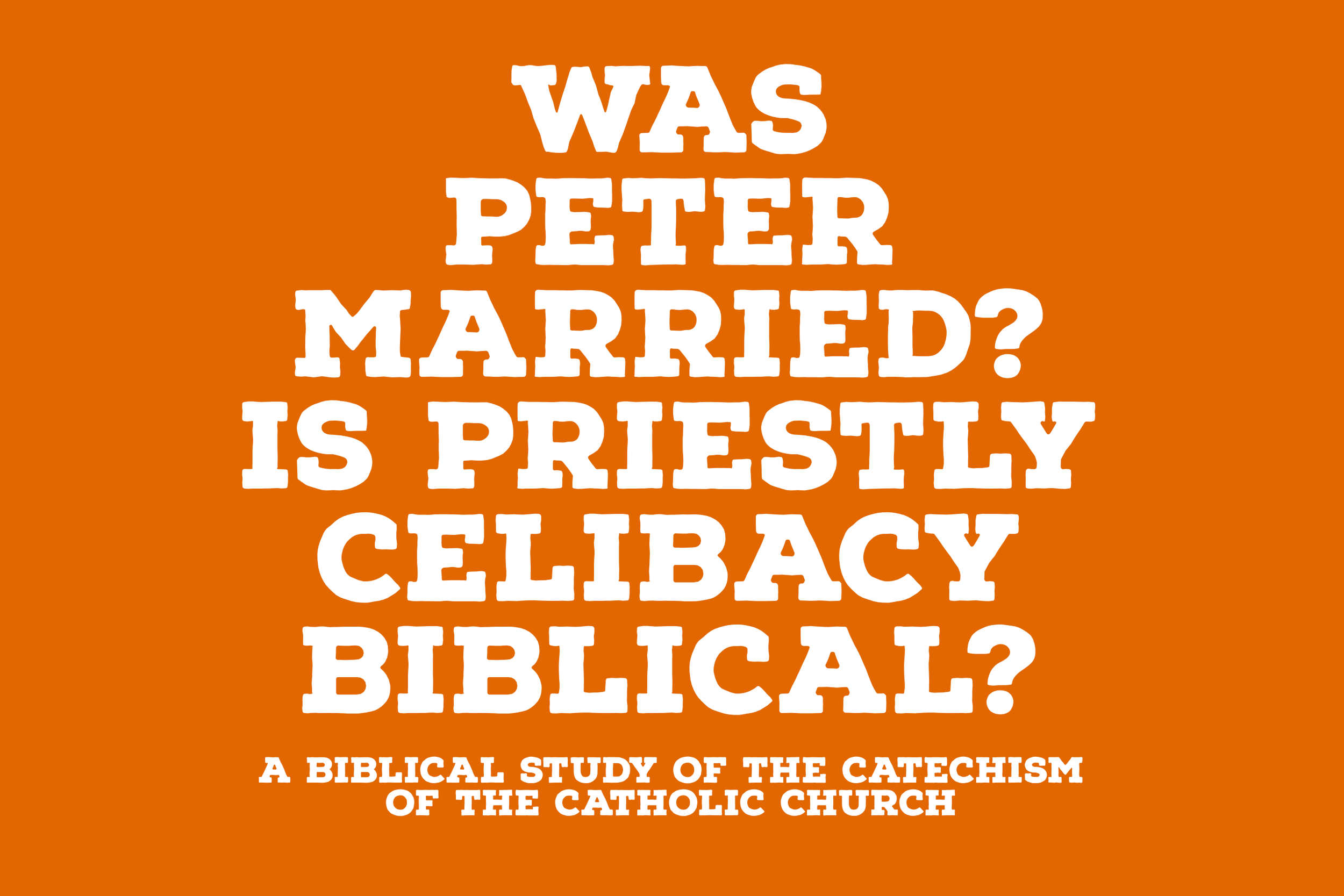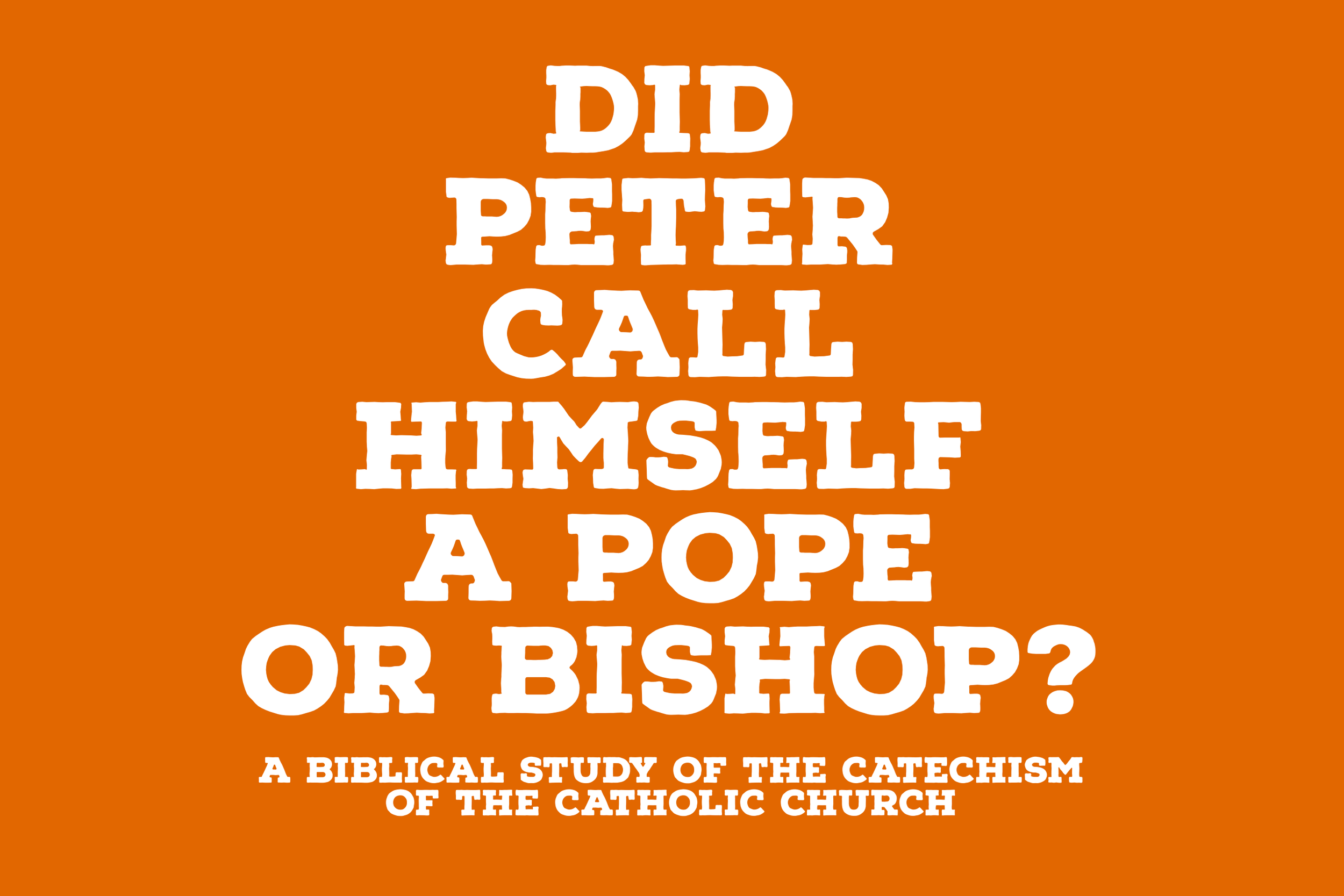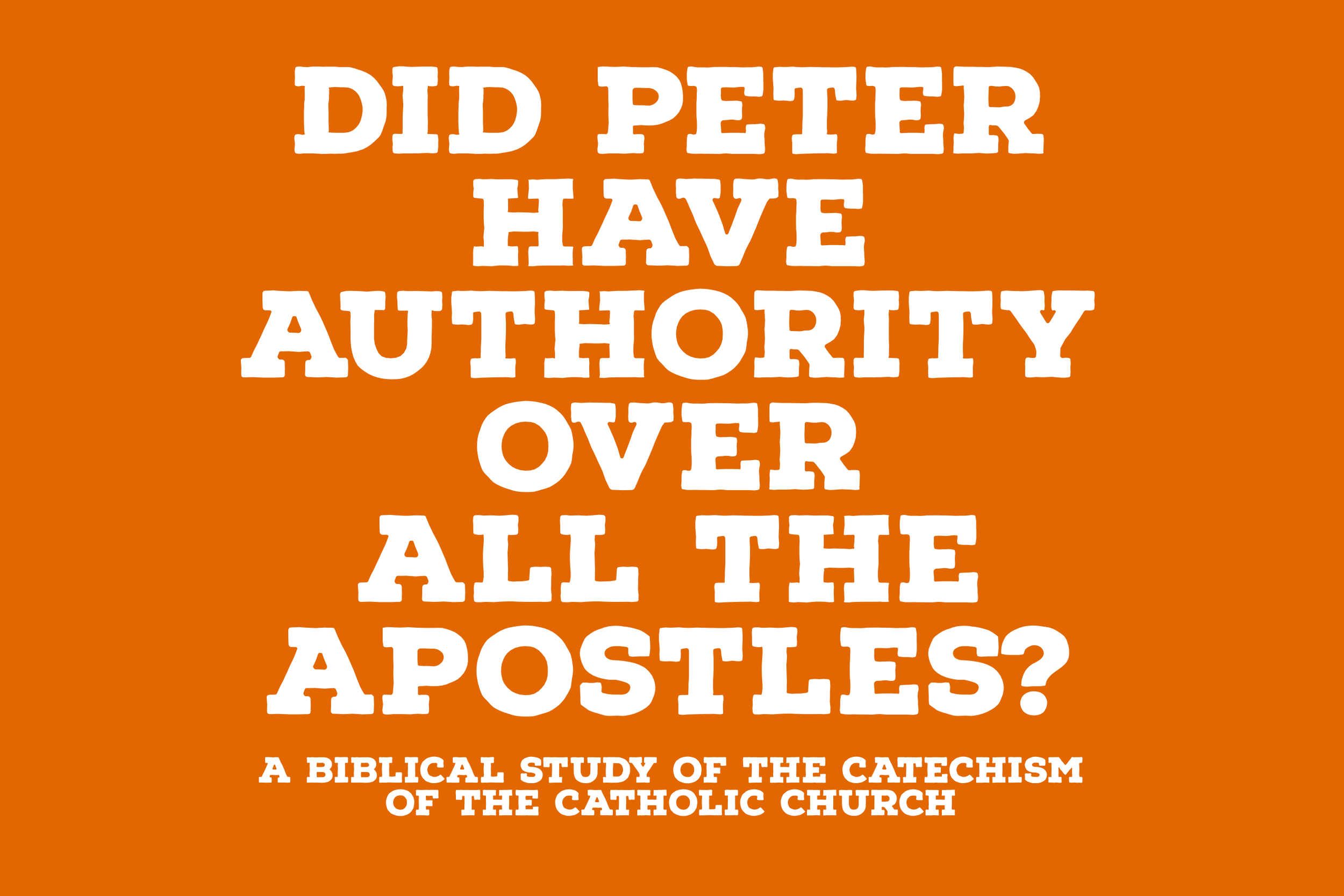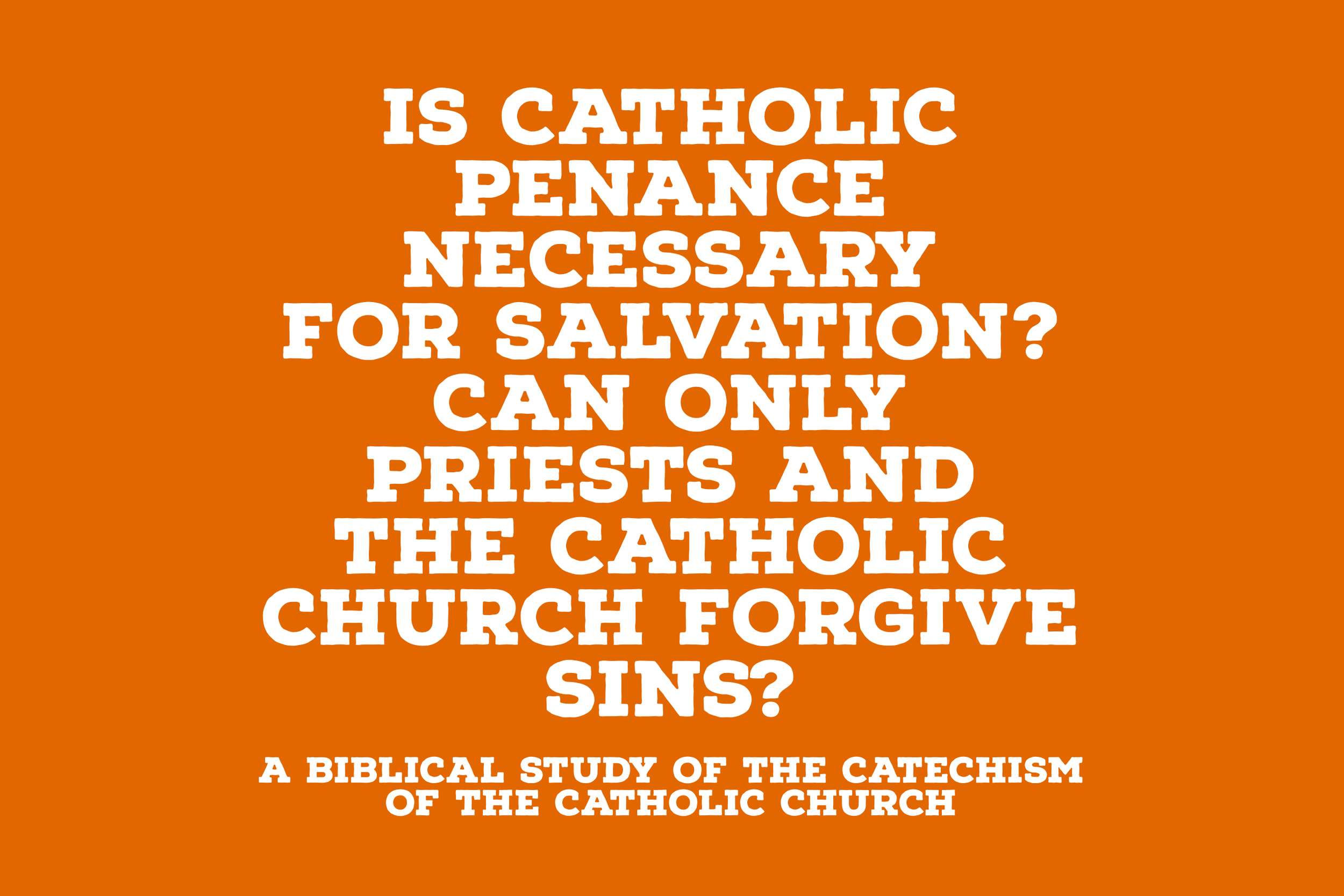WHO WILL GO TO HEAVEN? INTERNAL INCONSISTENCIES IN THE CATECHISM OF THE CATHOLIC CHURCH:
Exclusivism VS. Inclusivism/Pluralism/Universalism
The Catholic Blog - Helping people find answers to the most common questions about Catholicism with answers from the Catechism of the Catholic Church and the Bible. (www.catholic.blog )
Religious Exclusivism - doctrine or belief that only one particular religion or belief system is true
Religious Inclusivism - Jesus’ death also provide salvation for some who do not believe, salvation for people apart from conscious faith in Christ, but still only through Jesus; followers of other religions and even atheists can be saved by responding to God’s general revelation
Religious Pluralism - acceptance of the concept that two or more religions with mutually exclusive truth claims are equally valid
Religious Universalism - a theological doctrine that all human beings will eventually be saved
Religious Syncretism - blending of two or more religious belief systems into a new system
Is Jesus the Do you have
only way? to respond?
Exclusivism - only one way, requires a response YES YES
Inclusivism - general revelation saves, must be sincere NO YES
Pluralism - many ways to God NO NO
Universalism – everyone is going to be saved NO NO
Some Catholic claims to exclusivism in The Catechism of the Catholic Church:
““The sole Church of Christ [is that] which our Savior, after his Resurrection, entrusted to Peter’s pastoral care, commissioning him and the other apostles to extend and rule it. … This Church, constituted and organized as a society in the present world, subsists in (subsistit in) the Catholic Church, which is governed by the successor of Peter and by the bishops in communion with him.” (CCC 816)
“For it is through Christ’s Catholic Church alone, which is the universal hope toward salvation, that the fullness of the means of salvation can be obtained” (CCC 816)
“Just as the office which the Lord confided to Peter alone, as first of the apostles, destined to be transmitted to his successors, is a permanent one, so also endures the office…Hence the Church teaches that ‘the bishops have by divine institution taken the place of the apostles as pastors of the Church, in such wise that whoever listens to them is listening to Christ and whoever despises them despises Christ and him who sent Christ” (CCC 862)
“They could not be saved who, knowing that the Catholic Church was founded as necessary by God through Christ, would refuse to enter it or to remain in it” (CCC 846)
“The second precept ‘You shall confess your sins at least once per year’ ensures preparation for the Eucharist by the reception of the sacrament of reconciliation, which continues Baptism’s work of conversion and forgiveness” (CCC 2042)
“No one can have God as Father who does not have the Church as Mother” (CCC 181)
“Reconciliation with the Church is inseparable from reconciliation with God” (CCC 1445)
“For it is through Christ’s Catholic Church alone, which is the universal hope toward salvation, that the fullness of the means of salvation can be obtained” (CCC 816)
“It is clear therefore that, in the supremely wise arrangement of God, sacred Tradition, Sacred Scripture, and the Magisterium of the Church are so connected and associated that one of them cannot stand without the others. Working together each in its own way, under the action of the one Holy Spirit, they all contribute effectively to the salvation of souls.” (CCC 95)
“The task of giving an authentic interpretation of the Word of God, whether in its written form or the form of Tradition, has been entrusted to the living, teaching office of the Church alone”(CCC 85)
“the Father willed to call the whole of humanity together into his Son’s Church. The Church is where humanity must rediscover its unity and salvation. The Church is ‘the world reconciled.’” (CCC 845)
MORAL EXCLUSIVISM vs. MORAL INCLUSIVISM: “to the Church belongs the right always and everywhere to announce moral principles, including those pertaining to the social order, and to make judgments on any human affairs” (CCC 2032)
Some claims to inclusivism and pluralism in The Catechism of the Catholic Church:
A Concerning Inconsistency within the CCC and with the Scripture…
PROTESTANTISM: “All who have been justified by faith in Baptism are incorporated into Christ; they therefore have the right to be called Christians, and with good reason are accepted as brothers in the Lord by the children of the Catholic Church” (CCC 818)
“Many elements of sanctification and of truth are found outside the visible confines of the Catholic Church…Christ’s Spirit uses these Churches and ecclesial communities as a means of salvation” (CCC 819)
ISLAM: “The Church’s relationship with the Muslims. ‘The plan of salvation also includes those who acknowledge the Creator, in the first place amongst whom are the Muslims; these profess to hold the faith of Abraham, and together with us they adore the one, merciful God, mankind’s judge on the last day.” (CCC 841)
OTHER RELIGIONS: “the Catholic Church recognizes in other religions that search, among shadows and images, for God who is unknown yet near…the Church considers all goodness and truth found in these religions as a ‘preparation for the Gospel’” (CCC 843)
EVERYONE OUTSIDE CATHOLIC EXPOSURE:
“Those, who through no fault of their own, do not know the Gospel of Christ or his church, but nonetheless seek God with a sincere heart, and moved by grace, try in their own actions to do his will as they know it through the dictates of their conscience - those too may achieve eternal salvation” (CCC 847)
“Every man who is ignorant of the Gospel of Christ and of his Church, but seeks the truth and does the will of God in accordance with his understanding of it, can be saved. It may be supposed that such persons would have desired Baptism explicitly if they had known its necessity” (CCC 1260)
“those who, without knowing of the Church but acting under the inspiration of grace, seek God sincerely and strive to fulfill his will, can be saved even if they haven’t been baptized” (CCC 1280)
“Who will go to Heaven?” - Important Scriptures to Consider:
2 Timothy 4:3–4 “For the time is coming when people will not endure sound teaching, but having itching ears they will accumulate for themselves teachers to suit their own passions, [4] and will turn away from listening to the truth and wander off into myths.” (ESV)
1 Cor 2:5 “so that your faith might not rest in the wisdom of men but in the power of God.”
Universal Accountability to God:
Romans 1:18–23 “For the wrath of God is revealed from heaven against all ungodliness and unrighteousness of men, who by their unrighteousness suppress the truth. [19] For what can be known about God is plain to them, because God has shown it to them. [20] For his invisible attributes, namely, his eternal power and divine nature, have been clearly perceived, ever since the creation of the world, in the things that have been made. So they are without excuse. [21] For although they knew God, they did not honor him as God or give thanks to him, but they became futile in their thinking, and their foolish hearts were darkened. [22] Claiming to be wise, they became fools, [23] and exchanged the glory of the immortal God for images resembling mortal man and birds and animals and creeping things.” (ESV)
Romans 3:10–12 “as it is written: ‘None is righteous, no, not one; no one understands; no one seeks for God. All have turned aside; together they have become worthless; no one does good, not even one.” (ESV)
Romans 5:10–11 “For if while we were enemies we were reconciled to God by the death of his Son, much more, now that we are reconciled, shall we be saved by his life. [11] More than that, we also rejoice in God through our Lord Jesus Christ, through whom we have now received reconciliation.” (ESV)
Joshua 23:16 "if you transgress the covenant of the Lord your God, which he commanded you, and go and serve other gods and bow down to them. Then the anger of the Lord will be kindled against you, and you shall perish quickly from off the good land that he has given to you.” (ESV)
God’s Inclusive Invitation to All:
John 3:16 “For God so loved the world, that he gave his only Son, that whoever believes in him should not perish but have eternal life. (ESV)
1 Timothy 2:3–5 "This is good, and it is pleasing in the sight of God our Savior, [4] who desires all people to be saved and to come to the knowledge of the truth. [5] For there is one God, and there is one mediator between God and men, the man Christ Jesus” (ESV)
2 Peter 3:9 “The Lord is not slow to fulfill his promise as some count slowness, but is patient toward you, not wishing that any should perish, but that all should reach repentance.” (ESV)
Romans 2:4–5 “Or do you presume on the riches of his kindness and forbearance and patience, not knowing that God's kindness is meant to lead you to repentance? [5] But because of your hard and impenitent heart you are storing up wrath for yourself on the day of wrath when God's righteous judgment will be revealed.” (ESV)
Salvation is through faith alone in Jesus (exclusive means & response):
Acts 4:12 “And there is salvation in no one else, for there is no other name under heaven given among men by which we must be saved.” (ESV)
John 14:6 "Jesus said to him, ‘I am the way, and the truth, and the life. No one comes to the Father except through me.’” (ESV)
Romans 10:9–10 “because, if you confess with your mouth that Jesus is Lord and believe in your heart that God raised him from the dead, you will be saved. [10] For with the heart one believes and is justified, and with the mouth one confesses and is saved. (ESV)
Romans 10:13–15 “For ‘everyone who calls on the name of the Lord will be saved.’ [14] How then will they call on him in whom they have not believed? And how are they to believe in him of whom they have never heard? And how are they to hear without someone preaching? [15] And how are they to preach unless they are sent? As it is written, ‘How beautiful are the feet of those who preach the good news!’” (ESV)
2 John 9 “Everyone who goes on ahead and does not abide in the teaching of Christ, does not have God. Whoever abides in the teaching has both the Father and the Son.” (ESV)
2 Corinthians 5:11 “Therefore, knowing the fear of the Lord, we persuade others. But what we are is known to God, and I hope it is known also to your conscience.” (ESV)
John 3:3 “Truly, truly, I say to you, unless one is born again he cannot see the kingdom of God.”
Proverbs 30:5–6 "Every word of God proves true; he is a shield to those who take refuge in him.
Do not add to his words, lest he rebuke you and you be found a liar.” (ESV)
Subscribe to “The Catholic Blog” on YouTube: https://www.youtube.com/channel/UC03uZywULBplunOmh4nCB2A
Free Books for Catholics: www.catholic.blog/books
Free Videos for Catholics: www.catholic.blog/videos
Frequently Asked Catholic Questions: www.catholic.blog
You can download the free eBook "A Biblical Study of The Catechism of the Catholic Church" at www.catholic.blog or purchase a Kindle, paperback, or hardback version at Amazon (www.amazon.com/gp/product/B098L1MRLK).








